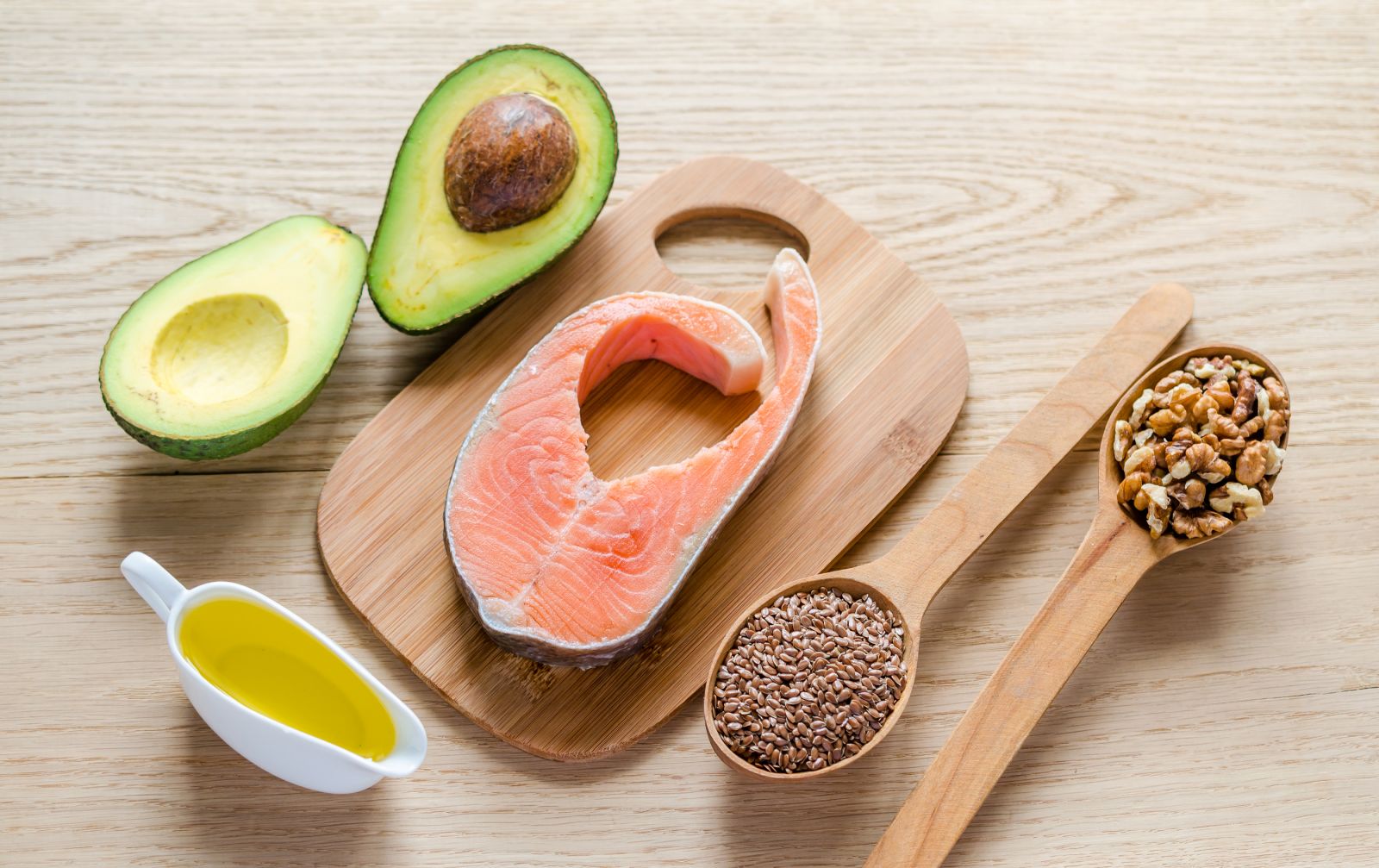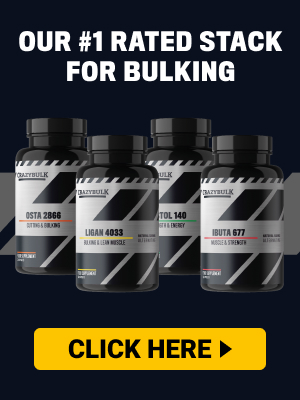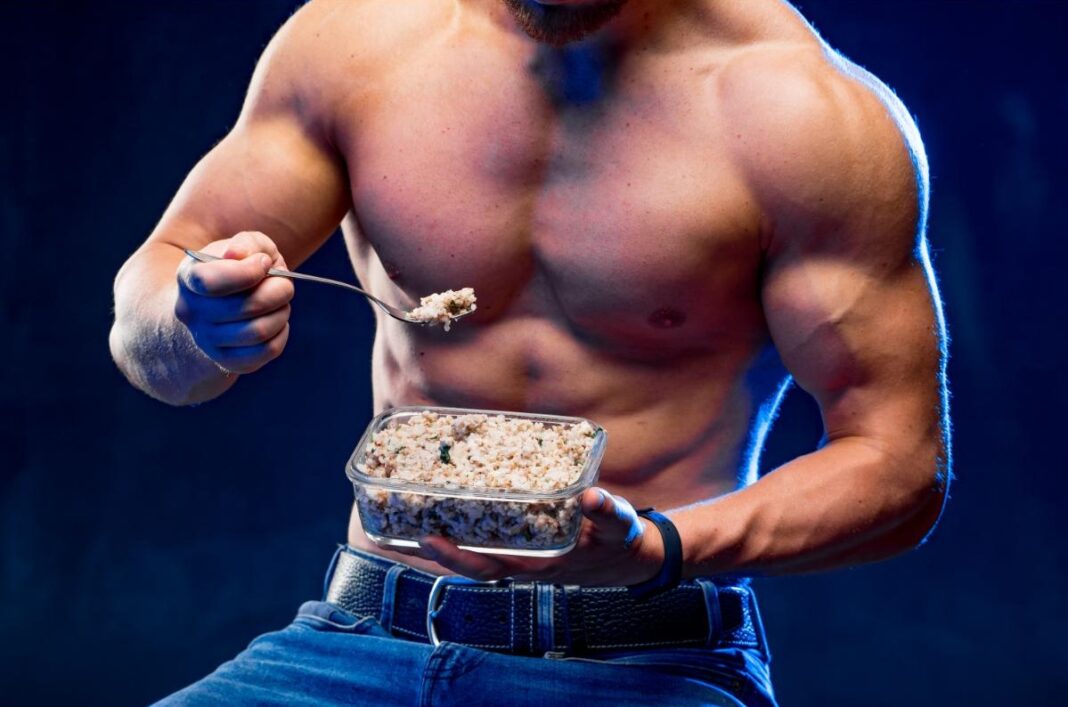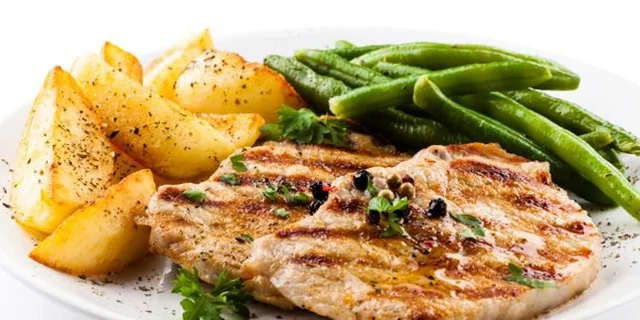The Role of Fats in Muscle Growth and Hormone Health
For years, fats were misunderstood — demonized as the nutrient that made you “fat.”
But for bodybuilders and athletes, dietary fat is absolutely essential.
While protein builds muscle and carbs fuel your training, fat supports your hormones, joint health, recovery, and energy balance — all key factors for muscle growth and long-term progress.
In this article, you’ll learn:
- How fats directly affect testosterone and muscle-building hormones
- The optimal fat intake for different goals
- The best (and worst) fat sources
- How to balance your macros for maximum gains
⚙️ What Fats Actually Do in the Body
Fats serve more functions than most lifters realize. Beyond just being a calorie source, they:
- Support testosterone and growth hormone production
- Aid in vitamin absorption (A, D, E, K)
- Form part of cell membranes — including muscle cells
- Provide energy, especially during rest or low-intensity activity
- Help maintain joint and brain health
Each gram of fat provides 9 calories, making it the most calorie-dense macronutrient.
That density can be your friend (during bulking) or your enemy (during cutting) depending on how you use it.
🧬 Fats and Hormones: The Anabolic Connection
Hormones drive muscle growth, and fats influence hormone production — particularly testosterone, the key anabolic hormone in men and women.
Studies show that low-fat diets (<15–20% of calories) can reduce testosterone levels, impairing recovery, strength, and lean mass gains.
🧠 Why Fats Support Testosterone:
- Cholesterol is a precursor for testosterone synthesis
- Healthy fats regulate cell membrane fluidity, which affects hormone signaling
- Omega-3s help control inflammation, improving recovery and muscle function
In short: Cutting fats too low is one of the fastest ways to stall your muscle-building progress.
⚖️ How Much Fat Do You Need?
Your ideal fat intake depends on total calories, training load, and hormonal needs.
🔹 General Guidelines
| Goal | % of Total Calories | Grams per kg bodyweight |
| Muscle Gain (Bulking) | 25–30% | 0.8–1.0 g/kg |
| Maintenance | 20–30% | 0.7–0.9 g/kg |
| Fat Loss (Cutting) | 20–25% | 0.6–0.8 g/kg |
👉 Example:
An 80 kg (176 lb) lifter eating 3,000 calories for a lean bulk should consume:
25% of 3,000 = 750 calories from fat
750 ÷ 9 = ~83g of fat per day
This range supports hormonal function while keeping enough room for carbs and protein.
🥑 Types of Fats and Their Functions
Not all fats are equal — some boost your health and recovery, while others increase inflammation and stall progress.
Let’s break them down:
Unsaturated Fats — “The Good Fats”
These support heart health, hormone function, and recovery.
They’re divided into monounsaturated (MUFA) and polyunsaturated (PUFA) fats.
🔹 Monounsaturated Fats (MUFAs)
- Improve cholesterol balance (↑ HDL, ↓ LDL)
- Support testosterone levels
Top Sources:
- Olive oil
- Avocado
- Almonds, cashews, peanuts
- Natural peanut butter
🔹 Polyunsaturated Fats (PUFAs)
Include the essential fatty acids your body can’t make — omega-3 and omega-6.
Top Sources:
- Fatty fish (salmon, sardines, mackerel)
- Chia seeds, flaxseeds
- Walnuts
- Fish oil supplements
PUFAs help fight inflammation, improve insulin sensitivity, and enhance muscle recovery.
Saturated Fats — “The Necessary Fats”
Saturated fats have been unfairly vilified. In moderation, they’re important for testosterone and overall hormonal balance.
Top Sources:
- Whole eggs
- Red meat (lean cuts)
- Coconut oil
- Dairy (Greek yogurt, cheese, butter)
Keep them to ~8–10% of total calories, ensuring balance with unsaturated fats.
Trans Fats — “The Bad Fats”
Artificial trans fats (found in fried foods, pastries, and processed snacks) increase inflammation, harm heart health, and may reduce testosterone.
Avoid these completely.
Natural trans fats (from grass-fed beef or dairy) are less concerning, but still best kept minimal.
⚡ Fats and Energy for Training
During resistance training, your body relies mainly on glycogen (carbs) for quick energy.
But fats are crucial for endurance, low-intensity recovery sessions, and rest days — when your body burns more fat for fuel.
A balanced fat intake:
- Prevents energy crashes
- Improves metabolic flexibility
- Supports consistent performance
This balance is why zero-fat or ultra-low-fat diets are unsustainable for serious lifters.
🧘 Recovery, Inflammation, and Omega-3s
Hard training increases inflammation — a natural part of muscle adaptation.
However, chronic inflammation impairs recovery and performance.
This is where omega-3 fatty acids shine.
Research shows omega-3s can:
- Reduce muscle soreness (DOMS)
- Improve joint health
- Enhance insulin sensitivity
- Support brain and nervous system function
🔹 Best Omega-3 Sources:
- Salmon, sardines, herring
- Chia seeds, flaxseeds, walnuts
- Fish oil or algae-based supplements
Recommended Dose:
1.5–3g EPA + DHA combined per day (from food or supplements)
🕐 When to Eat Fats
Unlike carbs and protein, fat digestion is slower, meaning it’s not ideal right before or after intense workouts.
It can, however, help with meal satisfaction and steady energy throughout the day.
✅ Best Times for Fat Intake:
- Breakfast: Slows digestion and stabilizes energy
- Lunch/Dinner: Supports nutrient absorption
- Before Bed: Provides slow energy overnight (e.g., nuts, casein + peanut butter)
⚠️ Avoid Heavy Fat Intake:
- Immediately Pre-Workout: Slows digestion and can cause sluggishness
- Immediately Post-Workout: Delays nutrient absorption from protein/carbs
🧩 Balancing Fats with Protein and Carbs
Optimal nutrition for lifters comes from synergy — each macronutrient has its role.
| Macro | Primary Role | Ideal % of Calories (Muscle Gain) |
| Protein | Repair & growth | 25–30% |
| Carbs | Fuel & recovery | 45–55% |
| Fats | Hormones & energy balance | 20–30% |
Example for 3,000-calorie bulk:
- Protein: 180g (720 cal)
- Carbs: 400g (1,600 cal)
- Fats: 83g (750 cal)
Balanced macros = steady performance, hormonal stability, and optimal recovery.
🥗 Best Food Sources of Healthy Fats
🥩 Animal-Based Fats
- Salmon, mackerel, sardines
- Whole eggs
- Grass-fed beef
- Full-fat Greek yogurt
🌱 Plant-Based Fats
- Avocados
- Olive oil
- Almonds, walnuts, cashews
- Chia & flax seeds
- Coconut oil (in moderation)
💊 Supplemental Fats
- Fish oil or krill oil (omega-3s)
- MCT oil (fast-digesting fat source)
🔹 Tip: Mix fat sources daily — don’t rely on just one.
Variety ensures a full range of fatty acids and nutrients.
🧠 Common Myths About Dietary Fat
❌ “Eating fat makes you fat.”
Only excess calories cause fat gain — not dietary fat itself.
❌ “Saturated fats destroy testosterone.”
Moderate saturated fat intake supports testosterone and doesn’t harm healthy lifters.
❌ “Bodybuilders don’t need fat — just protein and carbs.”
Without adequate fats, your hormone levels, strength, and mood will all suffer.
🍳 Example Muscle-Building Day (~80g Fat)
| Meal | Food Example | Approx. Fat |
| Breakfast | 3 whole eggs + oats + berries | 20g |
| Lunch | Chicken + olive oil + rice + veggies | 20g |
| Snack | Greek yogurt + walnuts | 10g |
| Dinner | Salmon + sweet potato + avocado | 25g |
| Before Bed | Casein shake + peanut butter | 10g |
| Total | ~85g fat |
✅ Key Takeaways
- Fats are vital for hormone health, recovery, and long-term muscle growth.
- Keep fats at 20–30% of total calories.
- Focus on unsaturated fats (olive oil, avocado, nuts, fish).
- Don’t fear saturated fats, just moderate them.
- Avoid trans fats completely.
- Include omega-3s daily for joint and recovery support.
🔗 Related Articles
- The Fundamentals of Muscle-Building Nutrition
- How to Calculate Your Calories for Muscle Growth (TDEE Guide)
- Protein for Muscle Growth: How Much Do You Really Need?
- The Role of Carbs in Building Muscle
- Building the Perfect Muscle-Building Meal Plan







